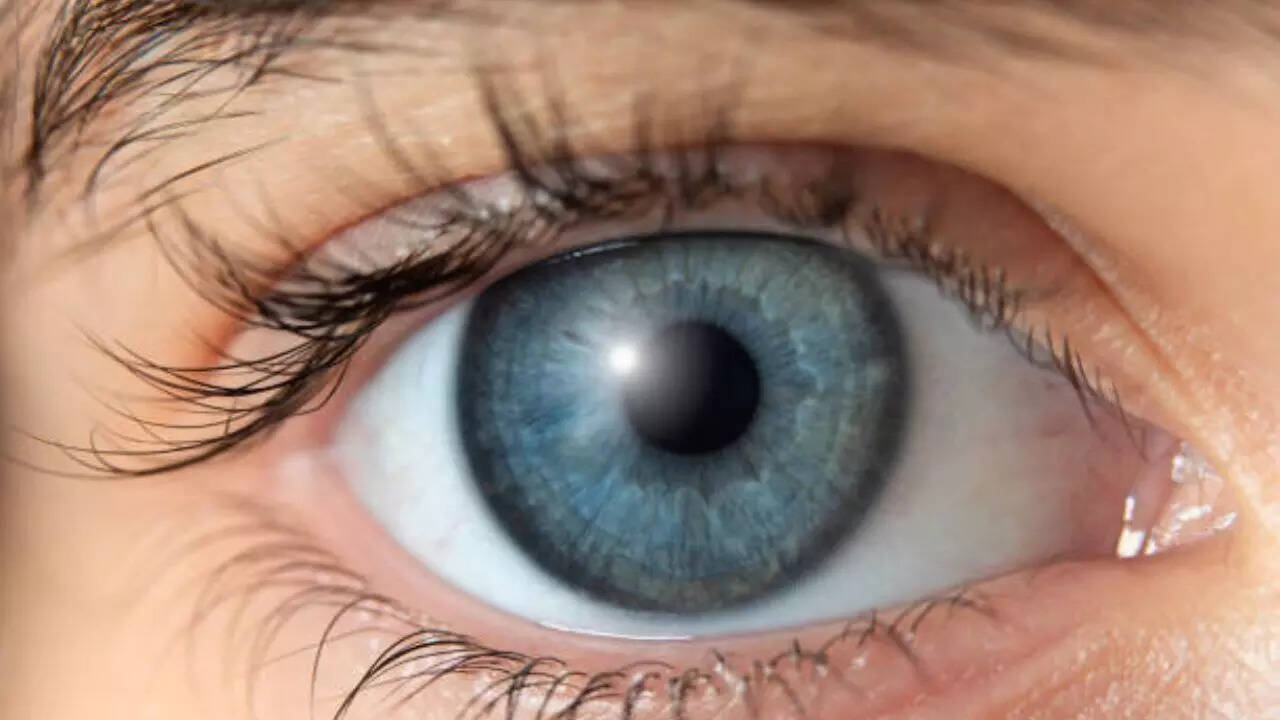Top 10 warning signs of brain trouble, according to a US-based neurologist

Brain health is an important part of overall body health. An active and healthy brain is vital for our ability to think, learn, act and communicate. However, an estimated 6.9 million Americans are living with Alzheimer’s dementia today, with the disease causing 100,000 deaths annually. While the symptoms of the disease are mild when they begin, they worsen over time with no effective cure. However, if one remains on the lookout for the signs, early diagnosis can improve the treatment outcomes. Dr Joshua Nass of the Michigan Institute for Neurological Disorders (MIND) told The Post how he sees multiple patients who brush off the symptoms of the disease and shared 10 neurological signs to be on the lookout for.
Sudden and severe headache
If you don’t get frequent headaches and have been getting some that feel like the worst ones of your life, then that could be a sign of an aneurysm or bleed and must be assessed at the ER. About 6.7 million Americans are believed to have an unruptured brain aneurysm.
Weakness or numbness in one side
“Call 911”, said Nass. Even if the feeling goes away in a few minutes, it might be a warning sign of a stroke. This happens when blood flow to the brain is disrupted and the brain tissue gets deprived of oxygen and nutrients, potentially causing damage or long-term disability.
Slurred speech
Slurred speech is an indication that the areas controlling speech and language are damaged and may be a sign of a stroke.
Sudden vision changes

Image credits: Getty Images
“Loss of vision or double vision could range from optic neuritis, stroke or a retinal problem,” Nass said. Optic neuritis is the inflammation of the optic nerve that carries the message from the eyes to the brain so that you can see.
Memory changes
A variety of memory problems and confusions can stem from issues such as infections, metabolic imbalances and dementia.
Feeling off balance
Consistently feeling room-spinning dizziness that leads to imbalance and falls. “If persistent, this may represent more than an inner ear problem, and brain imaging may be warranted,” Nass advised.
Seizure-like feelings
Sudden staring spells or muscle jerks can be as much of a sign of warning as full-body convulsions. “Especially if it’s happening for the first time, a full workup to exclude a brain problem (including a tumour) should be completed,” said Nass.
Loss of consciousness

Image credits: Getty Images
While frequent bouts of losing consciousness by fainting may be signalling a cardiovascular issue, a brain etiology must be included, advised the doctor. This is because certain neurological conditions, like a transient ischemic attack or mini stroke, can cause fainting or similar symptoms.
Numbness or tingling in hands or feet
More commonly, this may represent a neuropathy from vitamin deficiencies or diabetes; alternative causes such as multiple sclerosis or other spinal cord pathology should be excluded.
Tremors
“Many times we see tremor in the office, and it is a benign essential tremor, which can run in families,” Nass said, “but Parkinson’s should be excluded, including other movement disorders,” said the doctor. Watch out for these symptoms and visit a medical professional immediately. Disclaimer: This article is for informational purposes only and does not replace professional medical advice. Always consult a qualified healthcare provider for diagnosis or treatment of any symptoms.







